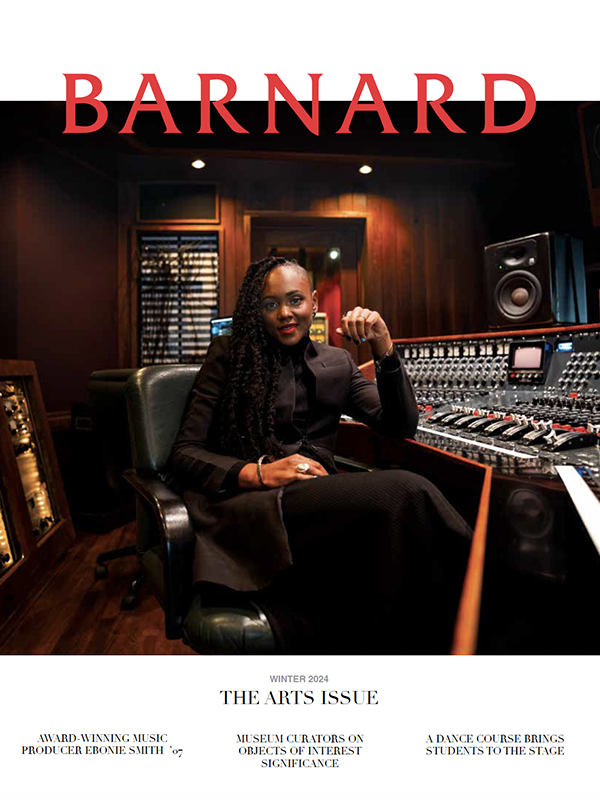Comedian Henny Youngman once quipped: “Just got back from a pleasure trip: I took my mother-in-law to the airport.” Mothers-in-law are the easy butts of jokes, often stereotyped as controlling, ugly, nasty, and cruel. The barbs poke at a perplexing fact: When we marry, our spouse’s family instantly becomes ours too, yet they’re strangers with different values, customs, and expectations for everything from relationships with their children to gift giving. Navigating these relationships can be so challenging that family members resort to jabs and digs to mask their discomfort.
It doesn’t have to be that way, says Ruth Nemzoff, who offers tools for positive interactions in her new book, Don’t Roll Your Eyes: Making In-Laws into Family (Palgrave Macmillan, 2012). If it’s any comfort, she says, tensions between spouses and in-laws are universal. She discovered that truth when speaking to audiences here and abroad over a three-year period while promoting her 2008 book, Don’t Bite Your Tongue: How to Foster Rewarding Relationships with Your Adult Children. Audience members regularly pulled her aside to lament stressful relationships with their in-laws. Nemzoff knew she had the makings of her next book.
Don’t Roll Your Eyes explores how in-law bonds can be strained when families confront the challenges of intermarriage, children, money, and death and dying. “People think in-laws don’t matter, but you’re going to be involved with these people if they get sick, when a grandchild is born, or when there’s a health crisis,” says Nemzoff, a resident scholar at Brandeis University’s Women’s Studies Research Center. Her other roles have included professor, legislator, and doctoral student, as well as wife, mother, mother-in-law, and grandmother. The Boston native enrolled at Barnard after succumbing to the lure of New York City, earning a master’s degree in counseling from Columbia in 1964. She received her doctorate in administration, planning, and social policy in 1979 from Harvard. She also served in the New Hampshire legislature from 1975 to 1981.
Friends may rally in an emergency, but family members often remain the first line of defense. “You might not have expected to be living in the same house with your mother-in-law, but she may be the only one able to help,” she says. The value of family as caretakers hit home nearly three years ago when her Boston-area home of 25 years was damaged in a fire. “It was really the kids, in-laws included, who led us around until we were back on our feet,” says Nemzoff. With her husband, Harris Berman, she has four children, including Sarabeth Berman ’06, four in-law children, and seven grandchildren.
Married for nearly 50 years, Nemzoff says her respect for her mother and her in-laws grew over time. “I understood it,” she says. “The mother really loves her son and gave a lot to him. And I think she has some rights to his affection and his finances if needed. Parenting is a lot of work and sacrifice.”
Adjusting to evolving roles is a lifelong process. People learn to compromise, soften rough edges, ignore annoying habits, and tolerate, or perhaps even appreciate, quirks. “Be forgiving,” she advises. “Give people a break when they call it wrong.” Nemzoff encourages both generations to recognize that their perceptions of one another may be colored by their own expectations about childrearing, holiday traditions, spending, and saving. Rigid beliefs can trigger judgmental attitudes, and anyone who feels judged is also likely to feel insecure. She urges compassion and understanding. In-law relationships, whether new or established, can be deepened if the parties respect the connection that turned them from strangers into relatives. “If we want to be in a relationship with the children,” she says, “we have to love what they love.”
